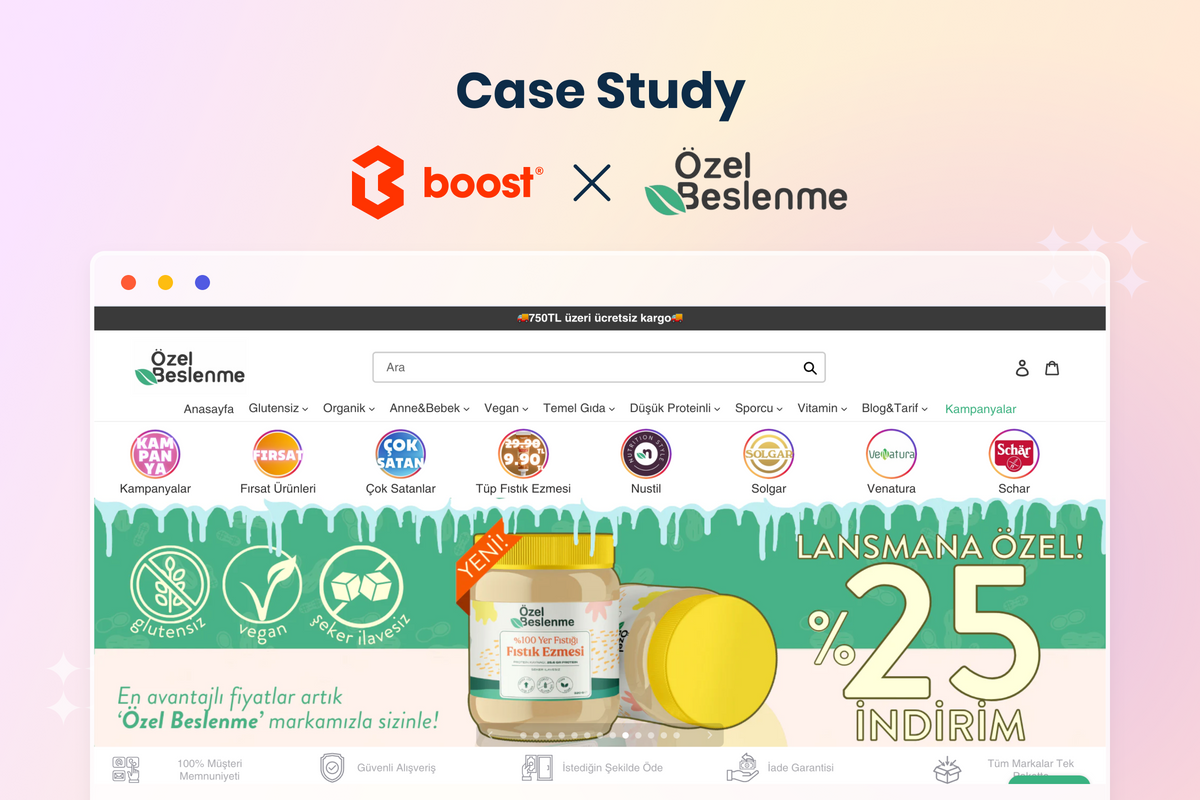A mobile-optimized website isn't the victory you might think it is.
With mobile commerce projected to surpass $510 billion in 2023 and $710 billion in 2025, a mobile eCommerce shopping app is no longer a luxury—it's a necessity.
Having a mobile website is merely scratching the surface of what's possible - you need to meet your customers where they are, even if they lack access to high-speed internet connections and are browsing your store through entry-level smartphones.
So, where are your customers?
They're indeed NOT scrolling through your store on their tiny mobile browser, pinching and zooming in to find what they’re looking for.
Instead, they're browsing their favorite apps (we know people have at least two shopping apps on their phone at all times), where exploring is fun and their experience is personalized to make them feel unique and valued.
Let's consider an example - 2023’s Prime Day coming in July. The mid-year sale is predicted to drive collective time in shopping apps to over 1 billion hours on Android phones worldwide, up 9% from the week of Prime Day 2022.

During this time, competing eCommerce stores will cash in on consumers who are ready and saving up for the mid-year sale.
M-commerce is going to be *the* stage where you will need to outperform your competitors and deliver a stellar experience to your customers - and having only a ‘mobile-friendly website’ isn’t going to cut it.
Are you not convinced because you're wondering whether it's worth investing in building a mobile app during an economic recession?
Take a look at the list below we've curated after talking to hundreds of Shopify owners. If you're an e-commerce business owner, it's time to recognize the signs that your Shopify store needs to transition into the mobile app space.
This article will guide you through these signs, helping you make an informed decision.
10 Signs Why Your Shopify Store Needs A Mobile App To Increase Sales
We agree that launching a mobile app for your Shopify store may not be an immediate thought; here are some signs to look for:
1. Low or Declining Mobile Website Engagement
Mobile websites often fail to provide the same level of interactivity and engagement as mobile apps. Resizing your website or making it mobile responsive doesn’t solve the issues of working with a smaller visual real estate, leading to a decline in user engagement.
A study found that 31% of smartphone users are more likely to complete a purchase when their mobile device has a larger screen. To target these users, having any smartphone screen size, a mobile app is necessary.
It is also more difficult to engage customers and notify them about upcoming sales or special discounts because web notifications only work if a user is signed in - and no one likes signing in repeatedly - something an app will solve for you quickly.

2. High Mobile Traffic but Low Mobile Orders
If you have high mobile traffic but cannot convert them into repeat buyers - you need to look into building an app urgently.
This metric pattern means your customers want to browse and access your store when they’re on the move and are more likely to purchase if they are given a friction-free experience.
In fact, 286% more products are browsed via an app than the web, and apps see around X% more conversions than their mobile website.

3. Low Customer Retention
Did you know that a study by eMarketer found that smartphone users gave 3.5x more revenue, and they were 3x more likely to remain loyal and come back for repeat purchases than on the website?
You can get happy users coming back with push notifications and keep their wish lists and preferences saved so they can make quick purchases.
4. Increased Cart Abandonment Rates from a Poor Checkout Experience
Mobile websites often have complex and time-consuming checkout processes, leading to high cart abandonment rates. You can leverage SSO (Single-sign On) and one-click checkout to make the buying funnel smoother and quicker for shoppers.
Additionally, with new privacy laws and limitations, cookies are no longer as helpful. They will soon be out of practice and will make retargeting on the web much harder and more expensive. Here too, push notifications will help you get back shoppers who abandoned your cart.
5. Lack of Personalization
Do you know how annoying shoppers find having to sign in and out repeatedly on your mobile website?
With a mobile app, they remain signed in, and their shopping experience can be personalized by looking at their past orders, wishlist preferences, demographics, and payment method preferences - the options are many, especially compared to a mobile website.
Mobile websites fail to provide personalized shopping experiences, which are increasingly expected by today's consumers - mainly owing to the cookie apocalypse.
6. Slow Loading Speed and High Bounce Rate
Mobile websites often load slower than mobile apps, leading to a poor user experience and high bounce rates.
And if they are in an area with poor connectivity, they can’t access your store at all, whereas, in a mobile app, you don’t need to load the screens and catalog each time because data can be transmitted 10x faster between a server and a mobile app!
A frustrated customer who needs to ‘try it on their desktop’ to finish a purchase is unlikely to remain a customer for long; take our word for it.
7. Confusing/Incorrect Customer Data on Mobile Website
It is easier and far more valuable to study and understand customer data through Mobile e-commerce apps, especially user preferences and tailored shopping experiences, whether it's facilitating the addition of items to wishlists, enabling product comparisons, or providing personalized recommendations.
8. Inadequate Marketing Opportunities
Mobile websites often provide limited marketing opportunities to businesses - especially when a consumer leaves the website. And leaving the website is a typical affair in eCommerce; think about browser and cart abandonment.
On the other hand, mobile apps help you set up automated push notifications that can be used to pull the buyer right back to where they were in their shopping journey. Owing to how these notifications are delivered, they offer a more effective way to re-engage shoppers.
9. Inefficient Customer Support
Mobile websites often lack integrated customer support tools, leading to inefficient customer service. On a tiny mobile screen, finding or clicking on the support widget is a struggle.
On the mobile app, you can set up an in-app chat that allows the consumer to use an interactive interface to seek shopping assistance quickly.
Building An eCommerce Mobile App For Your Shopify Store Is No Longer Difficult
It’s easy to see the shift towards mobile shopping is not just a passing trend but a fundamental change in consumer behavior.
It is also essential to understand that mobile websites do NOT give users a friction-free and smooth experience to browse, shop, and check out quickly.
If you've noticed any of the signs we’ve linked above, it's time to consider developing a mobile app for your Shopify store.
And the good thing is that, unlike in the old times, building and launching a mobile app for your brand is no longer difficult. You don’t need to invest heavily into an app development team and spend months building a solution.
You can now leverage the no-code Shopify store mobile app builders to create eCommerce apps. With features like a drag-and-drop builder, this makes building a mobile app as easy as creating a landing page for your marketing campaign!
Ready to embrace AppCommerce?



